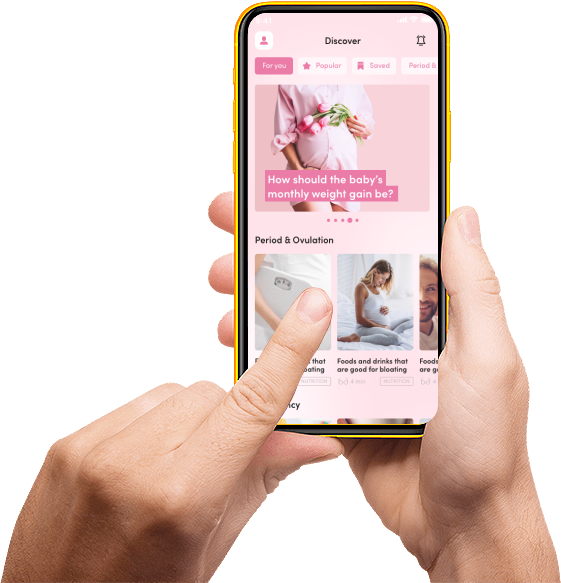
Natural Ways to Deal with Menstrual Pain
Jun 1, 2024Applying heat to the abdomen and lower back can be very useful in reducing menstrual cramps. A 2012 study of 147 people aged 18-30 who regularly experienced menstrual pain found that 40°C heat was as effective as ibuprofen.
If you don't have a hot water bottle at home, you can take a hot shower or apply a hot towel compress.
It may be useful to avoid foods that can cause bloating and edema during menstruation. You can remove fatty foods, alcohol, carbonated drinks, caffeine, and foods high in salt from your table during this period. If you crave sweets, you can satisfy this need with fruits such as strawberries, dates, or apples.
It is also essential to drink plenty of water during menstruation. You may not feel like drinking water when you feel bloated, but dehydration can worsen bloating. Aim to drink 6-8 glasses of water a day, and consider adding fresh mint, lemon, fresh ginger, or cinnamon bark to the water to make it even easier to reach this goal. If you have a habit of drinking tea and coffee, try replacing them with alternatives such as ginger and/or mint tea (decaffeinated) or hot water with a slice of lemon.
Even the idea of exercising during your period may sound unpleasant. However, exercise is almost as effective as painkillers in reducing menstrual pain by releasing endorphins, also known as the happiness hormone.
However, it is best to listen to your body during this period and opt for slower-paced exercises such as walking and Yin Yoga.
Massaging your lower abdomen with certain essential oils for about 20 minutes can help relieve menstrual pain. The massage can help relax the uterus, reducing contractions in this area. Although the most effective massage for menstrual pain is in the lower abdomen, a full-body massage can also help with menstrual cramps, as it provides overall relaxation.
Acupuncture and acupressure are common treatment modalities in the East. Both methods are based on the system of stimulating specific trigger points on the skin to produce a relaxing effect on target organs and/or specific ailments. Acupuncturists can use different treatments to relieve menstrual pain. In acupuncture, the treatment is performed with fine needles, whereas in ""acupressure"", intense pressure is applied to the right areas with one's own hands.
An important advantage of acupressure is that once you know the right points, it can be easily applied whenever and wherever you need it.

